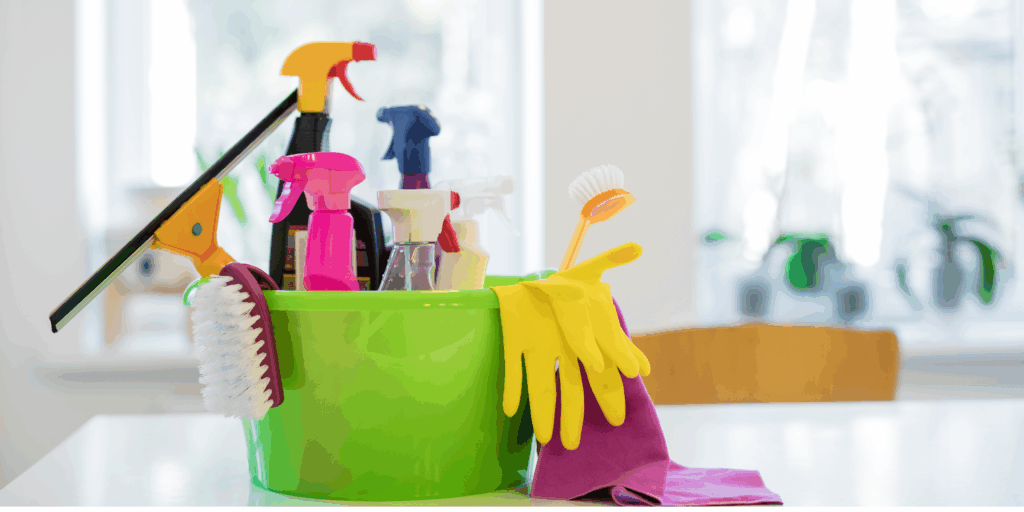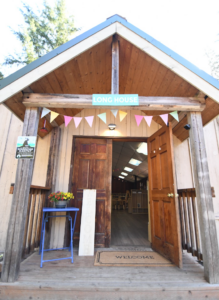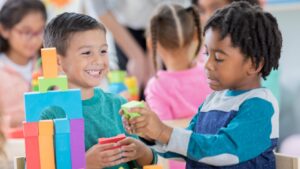Racial Healing and Environmental Justice
Children from low-income communities and communities of color often have greater risk of exposures to pollution, higher levels of contaminants in their bodies, and more illness or disability such as asthma and learning disabilities. These high risk children are also experiencing the direct and indirect impacts of climate change the most and hardest.
Structural racism has led to the disparate impact of hazardous waste sites, polluting facilities and poor quality housing stock being located in or near neighborhoods with high concentrations of Black and brown people and economically disadvantaged populations.
The COVID-19 pandemic points a spotlight on the impact systemic racism has had on Black and brown communities’ health–leading to poorer health outcomes and increased mortality.
The National Day of Racial Healing which occurs every year on the Tuesday following Martin Luther King, Jr. Day is a time for action on #HowWeHeal from the impacts of racism. It is hosted by the W.K. Kellogg Foundation and was created with the Truth, Racial Healing & Transformation community partners. Racial healing is at the core of racial equity. The National Day of Racial Healing provides an opportunity for ALL communities to come together to create a more just world.
The effects of racism are evident in the health, economic and environmental policies all around us and the places in which we live, learn, work and play. People experience these effects when they take their children to child care or school, when they try to rent or buy a home in a safe and non-polluting neighborhood, and when they deal with the impacts of increased flooding, a rising heat index, and contaminated water and soil from climate change.
The home-based Flores Family Child Care facility is located in East Los Angeles, a community made up of primarily Latinx families with over 26% of the population living below the federal poverty line. Many families with young children in East L.A. live in older and often over‐crowded housing, which is often associated with elevated environmental health risks to children. Numerous major freeways also surround the community, which pollute the air. Compared to Los Angeles County, East L.A. is disproportionately affected by health problems linked to the environment including childhood asthma.
Between 2017 and 2019, Flores Family Child Care noticed how the majority of children in their care were frequently ill. In May 2019, a University of Southern California study found significantly elevated levels of lead in the teeth of children living in five L.A. neighborhoods including Flores’s. Lead is a known neurotoxicant, and particularly harmful to children and babies. Also located in this area, Exide Technologies’ battery recycling plant and its predecessors emitted lead and other dangerous pollutants for decades. These harmful emissions have left homes, apartments, schools, parks and child care facilities in the local area with dangerously high levels of lead contaminated soil. Fortunately, Flores Family Child Care was able to have the lead removed from their facility’s’s grounds. Their facility is also an Eco-Healthy Child Care® endorsed home-based child care. They protect children from environmental health risks by preventing vehicles from idling in the parking area as well as in pick-up and drop-off locations, thus decreasing exposure to air pollutants. Flores Family Child Care improves their indoor air quality by using furniture with fewer harmful chemicals and low-volatile organic compound paint on the facility’s walls.
We applaud child care providers like Flores Family Child Care who are protecting children and staff from environmental hazards in early learning settings. However, to bring about environmental justice we need our housing, education, and health systems, among others, to eliminate indoor and outdoor air pollution and climate risks.
East L.A. is just one example of how communities across the U.S. have suffered and continue to suffer the health effects of systemic racism. Racial healing recognizes the need to tell the truth about past wrongs created by individual and systemic racism and address the present impacts. It can build authentic relationships that bridge divides created by real and perceived differences. It is essential to pursue racial healing prior to making change in a community and to truly work toward the protection of all children.
Take action and begin the racial healing conversation in your community this year!







